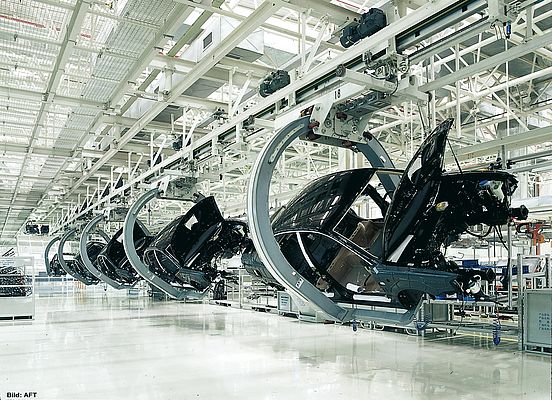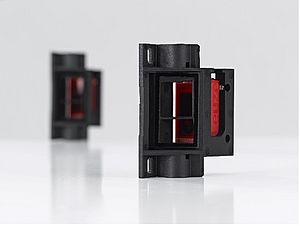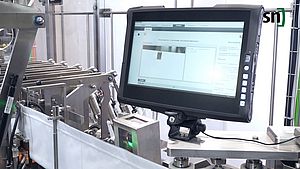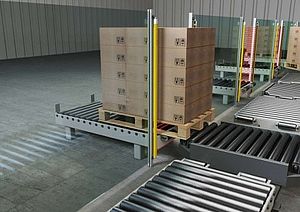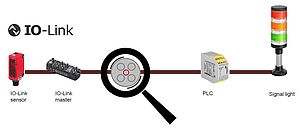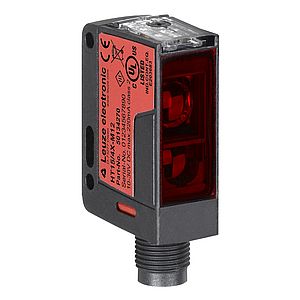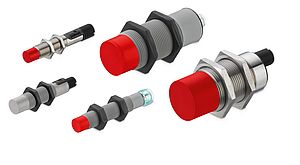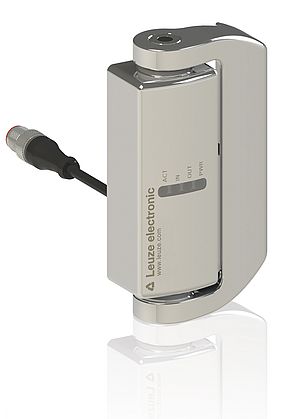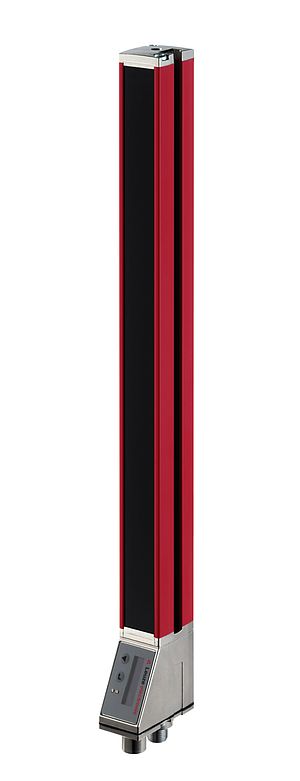Machine safety is growing in importance and is, thus, becoming an integral part of machine design. In addition to the moral obligation to protect and preserve the health of their employees, the topic of machine safety is also a matter of economic efficiency for employers and operating companies. "In addition to reliability, the ideally fault-free integration of a solution in the processes is also decisive for practical use. This is precisely the focus of our products, service and consultation," says Rolf Brunner, Technical Head of Product Center Safety. Leuze electronic's goal is, therefore, to manufacture safety sensors and evaluation units that facilitate an economical integration in various machine and system designs and, at the same time, provide effective personnel protection in accordance with international safety standards without hindering the production processes.
In the various regions and countries of the world, there are different concepts for machine safety and labor protection. In addition to the different requirements and the evaluation of safety concepts, there are also differences in the responsibilities and in the legal consequences. The following information serves as an introduction to the topic of "Safe Positioning". It does not release one from performing an in-depth study or from observing the respective, applicable regional and machine-specific regulations and adhering to the operating instructions of the given devices. Thus, no legal claim can be derived from the following information.
Intralogistics
Typical applications in which safe positioning or safe movement monitoring is required include, among others, high-bay storage devices as they are used in, for example, intralogistics – such as for the positioning of travel and lift axes and the monitoring of the speed at the end of travel paths for collision avoidance with the end-position buffer. With a manned car on a high-bay storage device, it is – depending on the design – only possible to travel at a safely reduced speed.
Automotive industry
Applications in the automotive industry are another classic application example. With heavy-load telpher lines, the lifting device is moved up and down when the telpher line is located at a safe position. Skillet systems are not generally directly positioned, but are rather pushed through the production line in a continuous linkage with a single motor. The "safe position detection" runs along in the base of the skid to then raise and lower the lifting device at predefined, safe positions.
Normative background on safe position detection with standard sensors
The use of standard components (sensors, drive elements and control electronics) in safety applications is fundamentally possible in accordance with EN ISO 13849. This also applies if these components are not designated as safety components in accordance with Appendix V of Machinery Directive 2006/42/EC. When using industrial standard components that were not specifically designed for use in safety functions but which contain embedded software, further considerations must be given in accordance with the latest version of DIN EN ISO 13849-1:2016-06. To achieve Performance Level c or d with standard components, two channels must be used. Furthermore, the components in both of these channels must be based on diverse technologies. The probability of a common cause failure (CCF) is thereby nearly completely excluded. CCF refers to the failures of redundantly designed units due to a single event with common causes, such as soiling, electromagnetic influences or pressure.
Leuze electronic’s answer to the requirement for diversity
With the bar code positioning systems of the BPS30 and BPS300 series, Leuze electronic offers the required diversity as has been verified by the TÜV as an independent body. The heart of their statement is: "The analysis of the software and hardware of the BPS 3xxi and BPS 3x positioning systems shows that both systems have a different structure with respect to hardware and software design, and requirement for diversity is thereby satisfied for both."
Safety-related positioning of automatic axes
In areas in which a man-machine collaboration takes place, the requirements of the machinery directive with respect to safety-related aspects must be taken into account. In many applications, a position must be safely detected. But position detection always involves the movements of, e.g., high-bay storage devices, telpher lines or machine components in general. In many cases, this can lead to hazards. To avoid these hazards, the position values must be safe. This applies both for the position detection itself as well as for the subsequent position processing. To obtain a safe speed value for an axis, the position changes of the moving axis are calculated per time unit and thereby result in safe speed values. This leads to the question of how position detection can be realized when taking into account safety-related aspects.


